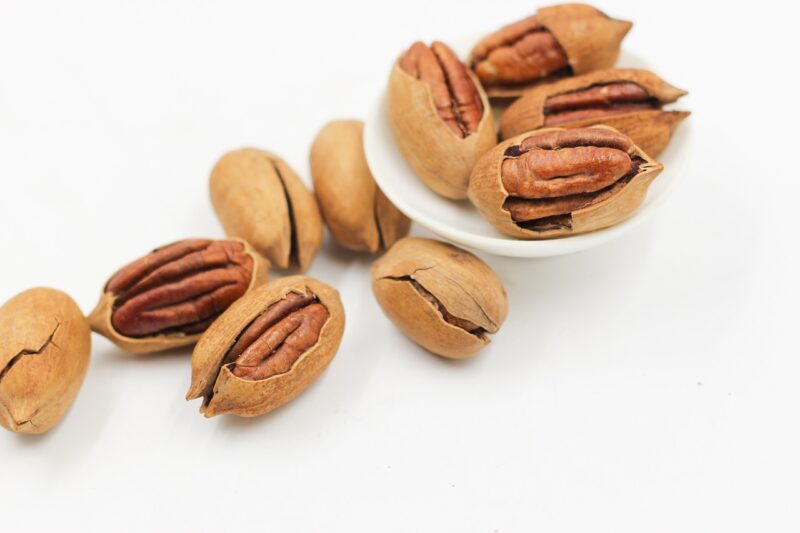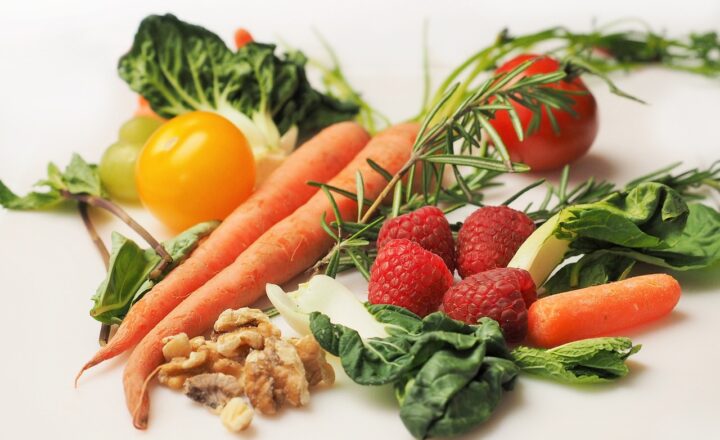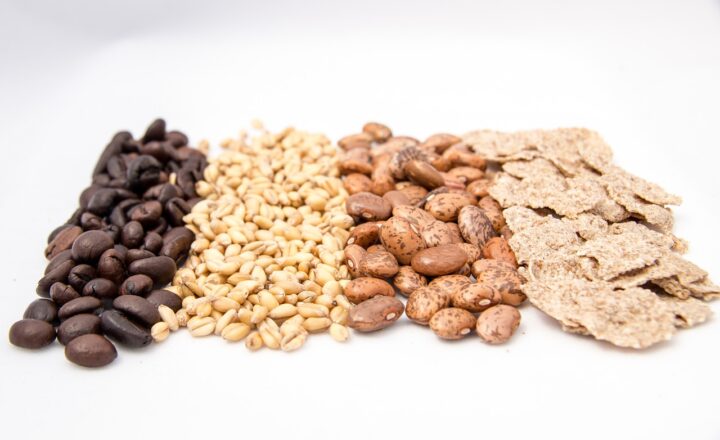The Best Plant-Based Protein Sources for a Balanced Diet
November 11, 2024

In recent years, plant-based diets have gained immense popularity for their health benefits, environmental impact, and ethical considerations. One major concern people have when transitioning to a plant-based diet is protein intake. Fortunately, there are numerous plant-based protein sources to help ensure you meet your dietary needs while enjoying diverse and delicious meals.
1. Understanding Protein Needs
Before diving into plant-based protein sources, it’s beneficial to understand how much protein you actually need. The Recommended Dietary Allowance (RDA) for protein for an average adult is approximately 46 grams for women and 56 grams for men. However, factors like age, activity level, and body composition can influence your specific requirements.
Protein serves as the building block for your muscles, skin, hormones, and other bodily tissues. It’s essential for overall health and well-being, and you can easily meet your protein needs with a well-planned plant-based diet.
2. Top Plant-Based Protein Sources
Here, we’ll discuss some of the best plant-based protein sources available to help you include ample protein in your diet:
- Legumes: Lentils, chickpeas, black beans, and kidney beans are excellent sources of protein. For instance, a cup of cooked lentils contains about 18 grams of protein. They’re also rich in fiber, which aids digestion and contributes to a feeling of fullness.
- Quinoa: Often referred to as a complete protein, quinoa provides all nine essential amino acids. One cup of cooked quinoa contains approximately 8 grams of protein and is also gluten-free, making it an ideal grain for everyone.
- Nuts and Seeds: Almonds, walnuts, chia seeds, and hemp seeds are powerhouses of protein. Just two tablespoons of hemp seeds deliver around 10 grams of protein along with healthy fats and omega-3 fatty acids. A handful of nuts can also provide a significant protein boost, making them a perfect snack.
- Tofu and Tempeh: Made from soybeans, tofu and tempeh are versatile protein-rich foods. Firm tofu contains about 20 grams of protein per cup, while tempeh has roughly 30 grams per cup. They absorb flavors well and can be used in various dishes from stir-fries to salads.
- Seitan: Also known as wheat meat, seitan is a high-protein meat substitute made from gluten. A 3.5-ounce serving of seitan can provide an astonishing 25 grams of protein, making it one of the richest sources of plant-based protein available.
- Edamame: Young soybeans, or edamame, are not only delicious but also provide about 17 grams of protein per cup. They make a healthy snack on their own or can be tossed into salads and grain bowls for an extra protein kick.
- Spirulina: This blue-green algae is incredibly nutrient-dense and offers about 8 grams of protein per two tablespoons. It can be added to smoothies or taken in supplement form for a quick protein boost.
- Plant-Based Protein Powders: Many products are available on the market made from pea protein, brown rice protein, and hemp protein that can complement your diet particularly if you engage in activities that demand increased protein intake.
Each of these sources can be easily incorporated into your meals, providing you the essential amino acids your body craves.
3. Combining Proteins for Maximum Impact
A common misconception is that you need to consume complete proteins at every meal. However, by eating a variety of plant proteins throughout the day, you can easily get all the essential amino acids your body needs. For instance, combining beans and rice creates a complete protein profile. Other combinations include:
- Peanut Butter on Whole Grain Bread: Peanut butter works well with whole grains to produce complete proteins.
- Vegetable Stir-fry with Quinoa: Mixing your favorite vegetables with quinoa provides superior nutrition.
By pairing different protein sources, you can enhance the amino acid profile of your meals.
4. Nutritional Benefits Beyond Protein
In addition to being excellent sources of protein, many plant-based options offer complementary nutrients that benefit your overall health:
- Fiber: Many plant proteins are sourced from fiber-rich foods, which promote healthy digestion and may lower the risk of chronic diseases.
- Vitamins and Minerals: Foods like lentils and quinoa are packed with vitamins and minerals such as iron, magnesium, and B vitamins that are critical for energy production and overall health.
- Healthy Fats: Many nuts and seeds provide healthy fats, which help absorb fat-soluble vitamins and support heart health.
Incorporating a variety of these sources not only meets protein needs but also increases the nutritional value of your diet.
5. Sample Meal Ideas
To help you incorporate these protein sources into your daily meals, here are some delicious ideas:
- Breakfast: Smoothie bowl topped with hemp seeds, chia seeds, and your favorite fruits.
- Lunch: Quinoa salad mixed with black beans, corn, bell peppers, and a lime vinaigrette.
- Dinner: Stir-fried vegetables with tofu served over brown rice.
- Snack: Edamame sprinkled with sea salt or a handful of mixed nuts.
These meals are not only filling but ensure that you are getting plenty of protein throughout the day.
Conclusion
Adopting a plant-based diet doesn’t mean compromising on protein intake. With a broad variety of plant sources available, you can easily achieve a balanced and nutritious diet. By understanding your protein needs and incorporating a mix of legumes, grains, nuts, seeds, and soy products, you can not only meet your protein requirements but also enjoy a variety of delicious and healthy meals. You don’t have to sacrifice taste for health; with creativity and the right ingredients, your plant-based diet can be both wholesome and satisfying.
Start your journey today by experimenting with these plant-based protein sources and discover new ways to enjoy protein-rich meals. Your body (and the planet) will thank you!






